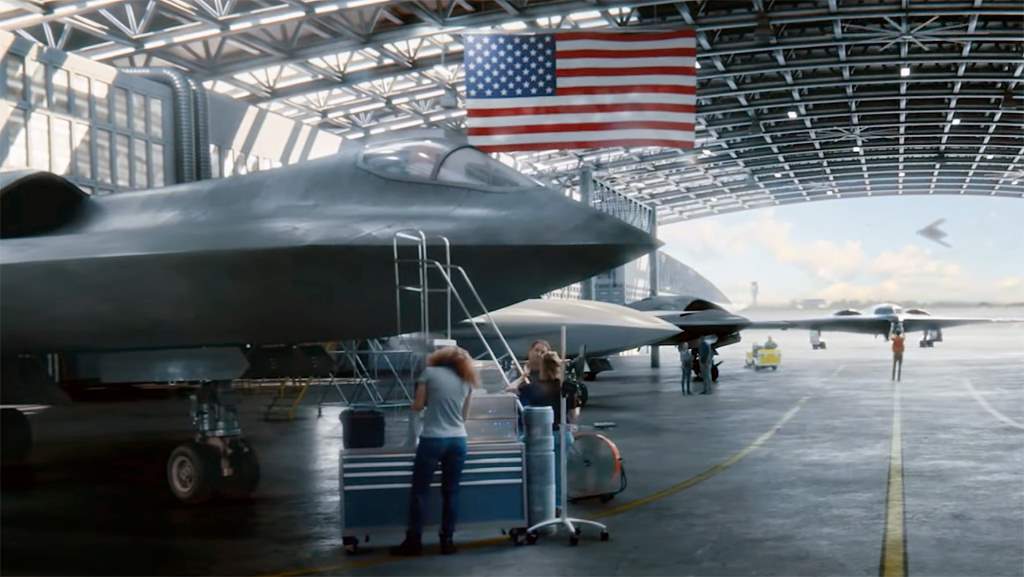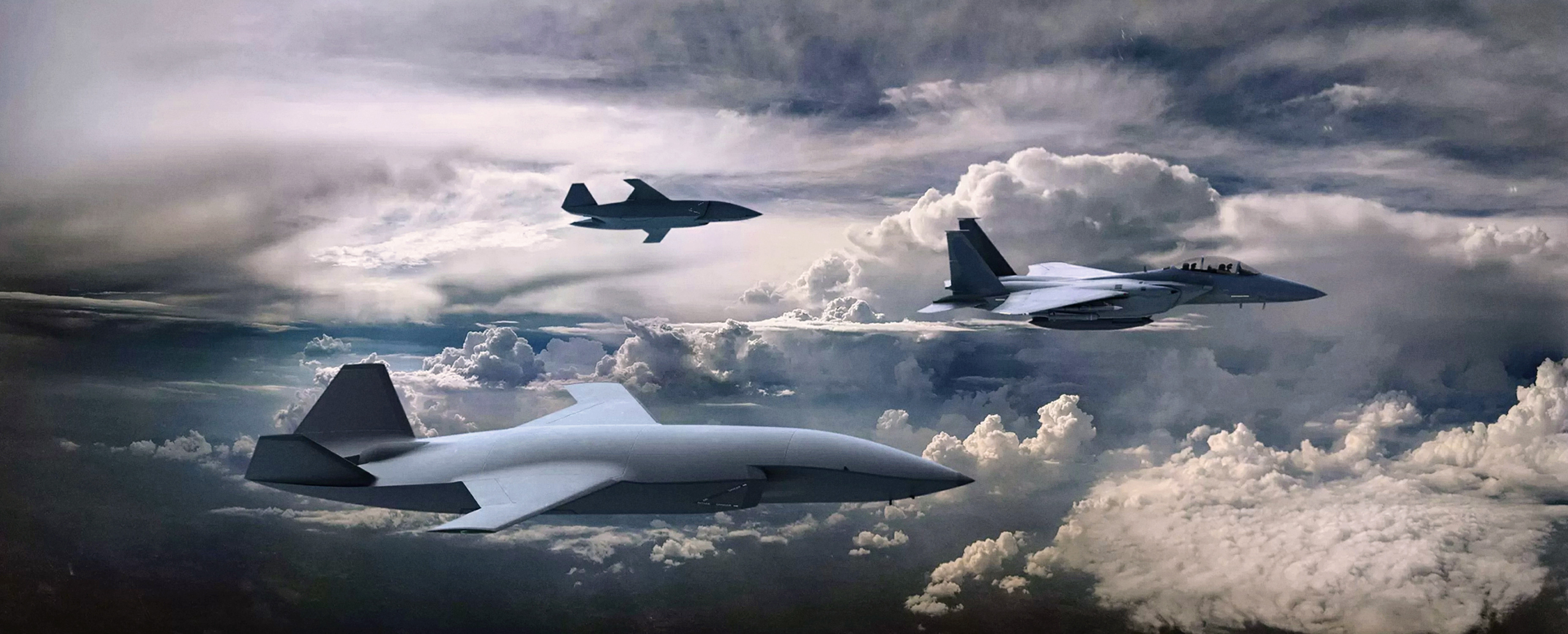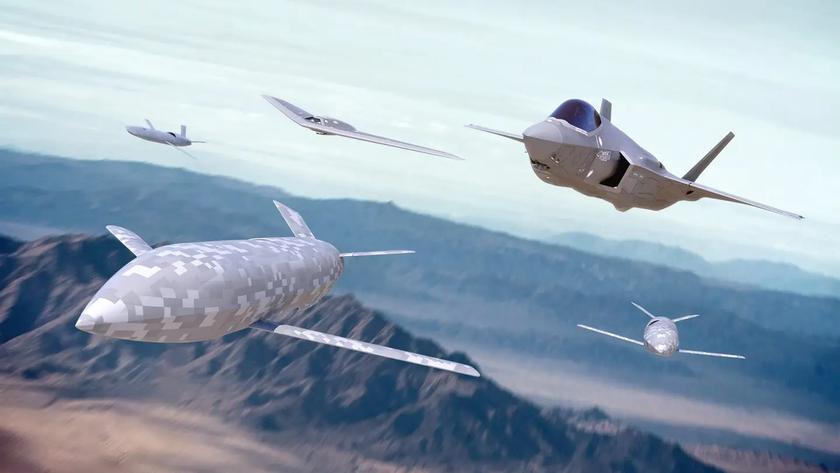The US Air Force could receive more than $2.4bn to develop the NGAD sixth-generation fighter jet and Collaborative Combat Aircraft

The FY2024 budget proposal includes a $4.8bn funding increase for 20 programmes to transform the US Air Force. This list includes Next Generation Air Dominance (NGAD) and Collaborative Combat Aircraft (CCA) projects.
Here's What We Know
The NGAD programme is developing a sixth-generation fighter that will replace the F-22 Raptor. The final product of the CCA project will be a collaborative unmanned aerial vehicle. The drone will definitely be compatible with the sixth generation fighter, the F-35 Lightning II and possibly other manned vehicles.

Funding for the CCA programme could be increased to $522m (by $470m). This will accelerate the development and testing of unmanned aerial vehicles. The additional $470 million will be used to develop the drone itself, to build the software that will operate it, and to form a unit to plan how the UAV will be used.
A week ago, the US Air Force said US Air Force wants to combine 1,000 drones with hundreds of sixth-generation fighters and F-35 Lightning II - two each for 200 NGAD fighters and 300 F-35 Lightning II fighters. However, the service notes that the final number could be different.
Funding for the NGAD program could be increased by $276 billion in fiscal 2024, in which case it would exceed $1.9 billion. The U.S. Air Force says it needs to maintain air supremacy, which China claims. The PRC is also developing a sixth-generation fighter jet.

The introduction of CCA drones will have a positive impact on the US Air Force's finances. The drones will be used for reconnaissance, strike and will cost many times less than manned fighters. U.S. Air Force officials have stated the importance of having a fleet where not all aircraft will cost the same as the F-35 (from $80 million, not including the F135 engine).
Source: Defence News